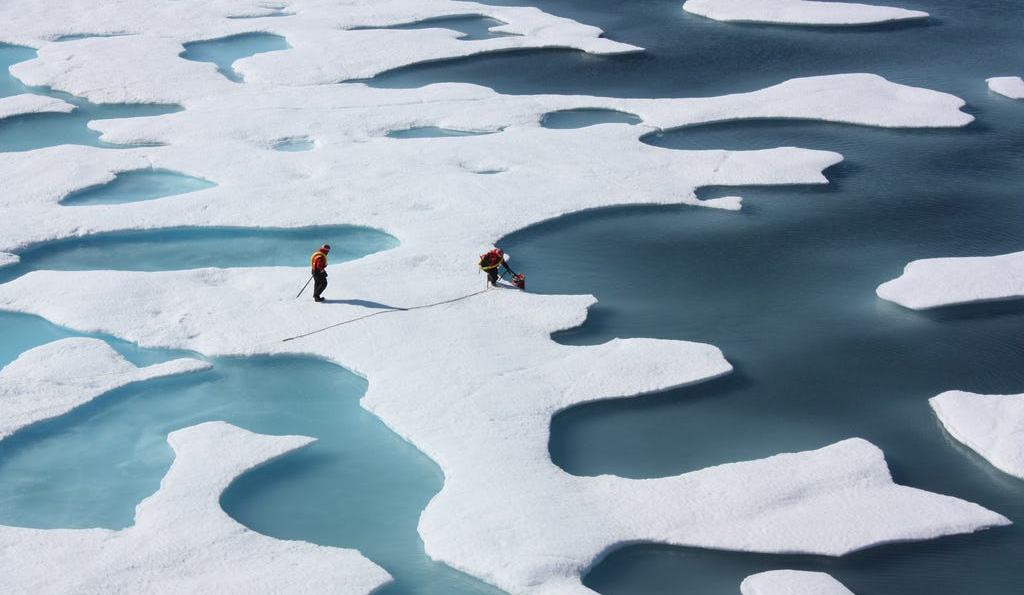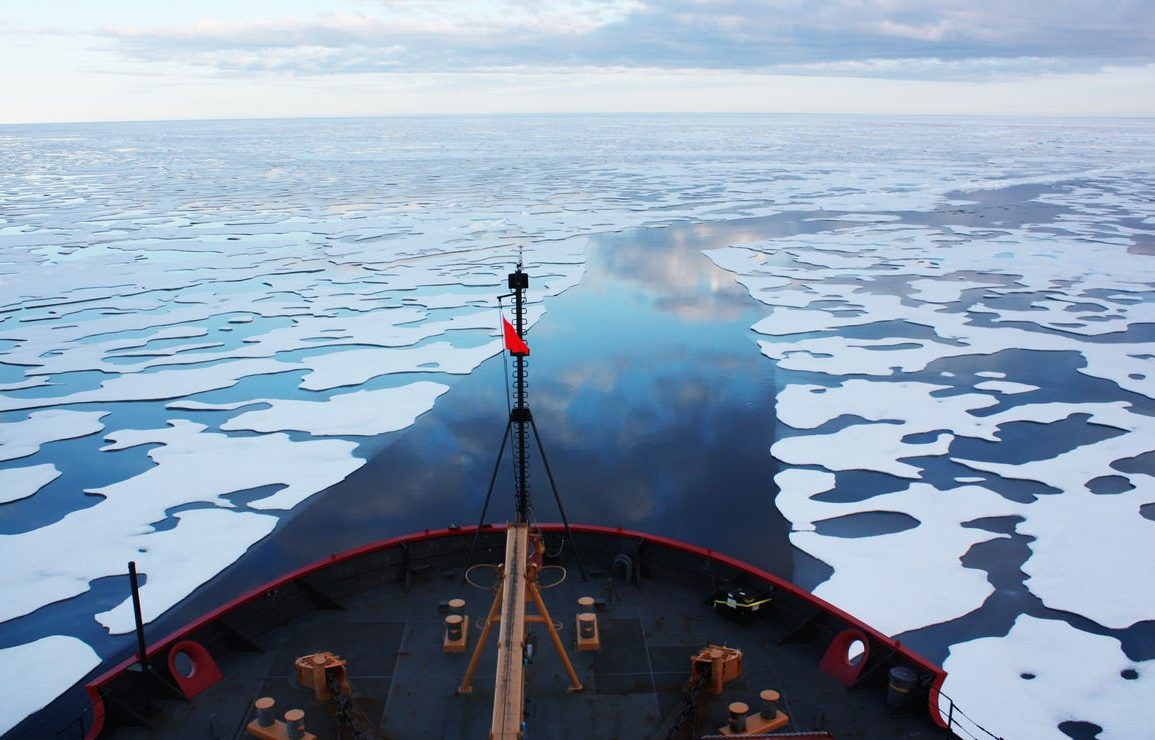Since the end of the Cold War, the concept of “Arctic exceptionalism” has prevailed, suggesting the region was immune to great-power conflicts due to its unique rules, beliefs, and history. However, Russia’s invasion of Ukraine has disrupted this status quo, pushing the European Arctic into the spotlight where the U.S. and its allies now face direct competition with geopolitical adversaries.
This shift is compounded by increased interests from non-Arctic states like China, drawn by economic and strategic opportunities presented by the retreating sea ice.
The Arctic’s vast fossil fuel reserves are a significant driver of interest, particularly for Russia, which has prioritized developing its Arctic regions. Russia’s Arctic holds enormous quantities of natural gas and oil, primarily in the Yamal and Gydan peninsulas, making it a focal point of its strategic vision for 2035.
The changing climate also reshapes Arctic shipping routes, with Russia’s Northern Sea Route offering a shorter and more cost-effective path between the Atlantic and Pacific Oceans during the summer.
Additionally, the successful co-management of fisheries in the North Atlantic and Barents Sea is under threat due to climate change. Warming waters are pushing fish stocks northward, potentially exacerbating tensions as commercial activities increasingly intersect with military interests.

This is particularly evident around Svalbard, where Norway’s jurisdiction is contested by Russia, raising the risk of conflicts involving Russian fishing vessels suspected of intelligence activities.
The collaboration between Russia and China in the Arctic is another area of concern for the U.S. and its NATO allies. Before the Ukraine conflict, Russia already sought Chinese investment in developing the Northern Sea Route and Arctic energy projects. With Russia’s international isolation post-Ukraine, it has become even more dependent on China to finance its Arctic ambitions, heightening the geopolitical stakes.
China has also leveraged the West’s engagement in the Arctic to expand its own presence, investing in energy and infrastructure projects across Greenland, Svalbard, and Northern Scandinavia. As non-Russian Arctic states grow cautious of China’s ambitions, Beijing increasingly partners with Moscow to pursue its interests, which could include deeper involvement in Arctic security through joint exercises and maritime law enforcement.
Despite these tensions, the immediate impact on Arctic geopolitics may be limited. Extracting Arctic mineral resources still requires significant investment, and the region remains costly for oil drilling. Moreover, with Russia preoccupied with Ukraine and China’s economy focusing inward, both nations might limit their Arctic engagements. However, Western nations cannot afford complacency.
The U.S. is recognizing the need for enhanced Arctic capabilities, regional partnerships, and domain awareness to counter growing Russian and Chinese activities. NATO’s focus on undersea mapping and maritime awareness highlights the urgency of addressing the evolving threats in the Arctic.
While the era of “Arctic exceptionalism” may be ending, a strategic and vigilant approach by Western nations can mitigate the worst impacts of increased geopolitical competition in the region.

